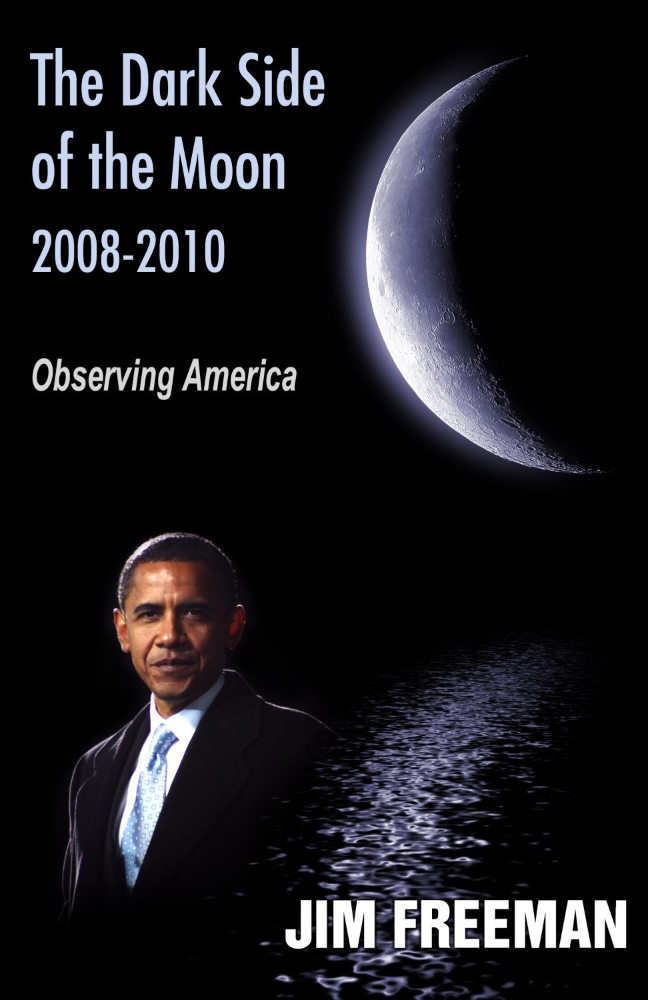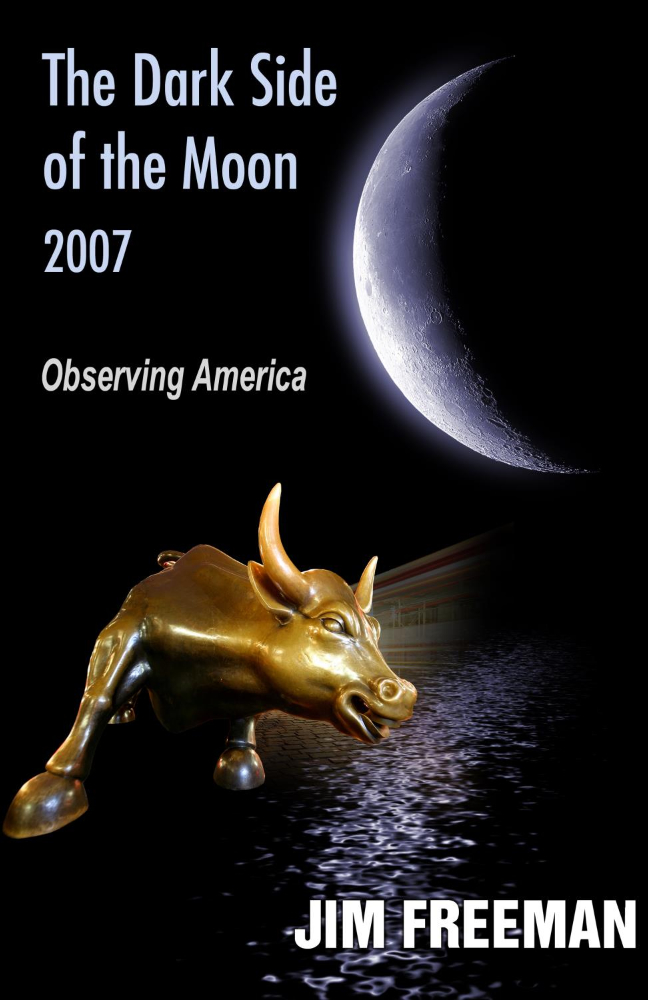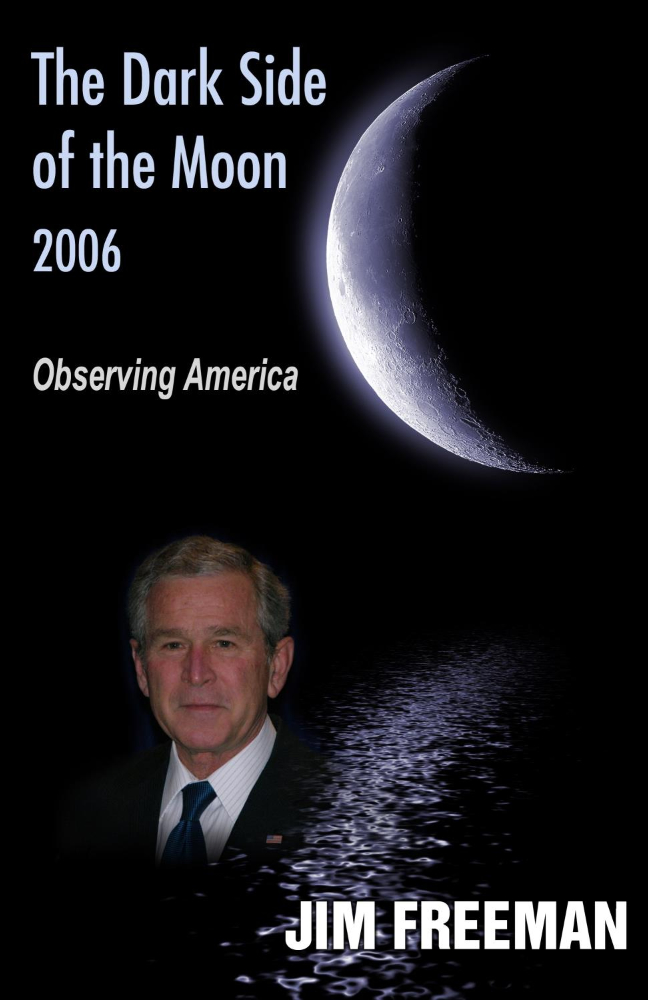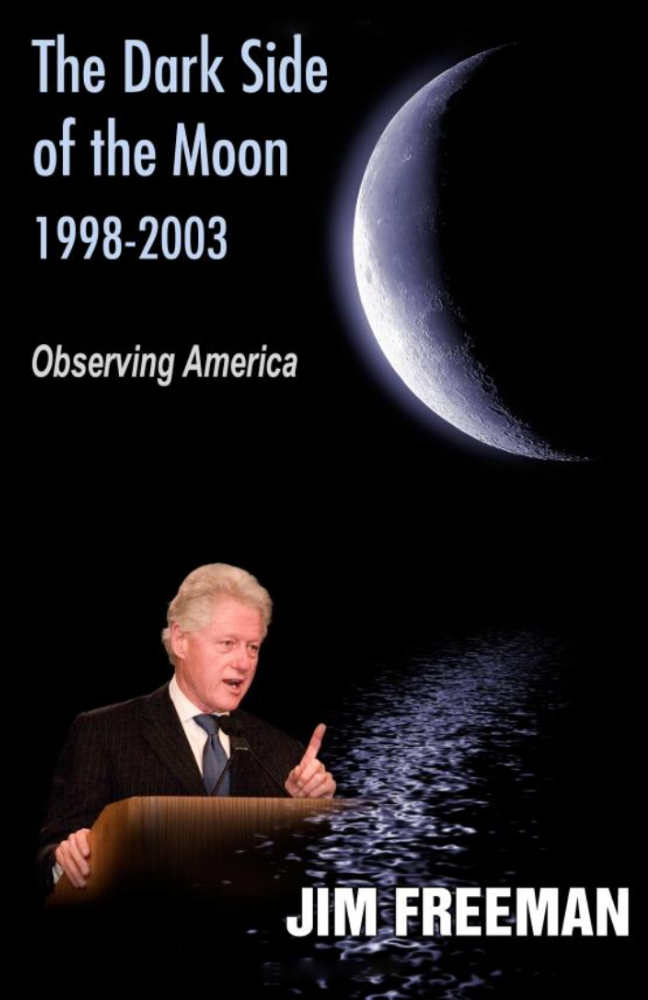Ah yes, the business consultants, the guys you go to when there are no practical alternatives and the shadow of bankruptcy hovers. Or, although their price is high, the dudes you call in to cook the books and maximize share-price so you can dump the loser-business at a profit.
“What a tangled web we weave, when first we practice to deceive,” a Sir Walter Scott quote, not Shakespeare, as I have sometimes claimed. Anyway, vultures are attracted to carrion and there is always a decent amount of prospective road-kill in the corporate world.
It’s a pretty straightforward deal
In my not-so-humble opinion, firms like Bain or McKenzie send in their highly paid consultants to basically raid the cookie-jar of all costly perks: gone are the funds to back up pensions, ditto health care and middle management. Bonuses, if there ever were any, are out the window along with non-essential executives, company cars, expense accounts and even (perhaps mostly) research and development. Buildings are sold and re-leased to temporarily juice the bottom line, company credit-cards are pulled in. Any cash received by all this downsizing is used to pay consulting fees and the deal usually captures a hefty percentage of stock price increases.
For whom? For Bain or McKenzie, of course.
It’s amazing how a company can jigger-up its stock price as a shell of its old self
Unburdened of all these ‘unnecessary’ costs, profits soar and stockbroker greed pushes share prices to previously unheard-of heights. Nothing polishes a reputation like profits on the upswing. So, now that our consultant has dressed our company in the latest fashion, with matching pearls and six-inch heels, it’s time to take her to the ball and see who’s willing to dance.
News leaks that she is likely to be acquired or acquire a larger company. Bees, sensing honey, make their moves but this lady plays very hard to get and the bank or financial firm representing her knows exactly when to close the deal.
The buzz is real, even if the honey is long gone.
Everyone walks away happy, even the acquiring (or acquired) company. The sky’s the limit, what with the savings to be made by a single management team serving two companies. The former CEO and other duplicate executives leave with whatever parachutes were part of the deal, the consultant cashes in and moves on, the representing financial guys tuck a few bucks away and the major stockholders (if they’re wise) sell, to invest another day.
Then, more often than not, reality sets in
It isn’t so easy to manage the new firm as first thought. The costly perks abandoned to spruce up the bottom line turn mostly into potholes needing repair. Statistically, most acquisitions fail. Data is scarce on the success rate of acquisitions — but approximately 70% to 90% of acquisitions fail to meet expectations, most of them having destroyed value for the acquirer.
According to Forbes, although it’s a shocking number, the one thing they all have in common is people. Mergers and acquisitions fail more often than not because key people leave, teams don’t get along or demotivation sets in at the company being acquired.
What no one seems to hear from the consultancy end is that there’s gold in them thar hills
Just not for the employees let go, the acquiring company or the long-term prospects of the merger.
So why do we continue to see these repetitive cycles of mergers and acquisitions, followed by divestitures to dispose of non-core assets or entire businesses that are not performing well? If it’s cyclical, one would think that the 70-90% fail rate would create a useful learning curve. But if here’s one thing common to business theory it’s that there’s another sucker born every day and if there appears to be a quick buck to be made, someone will make it. Big egos and tunnel-vision are emblematic of capitalist enterprises, whether large or small.
When mergers fail and boards of directors look up to see who’s to blame, the room is usually empty
But remember, tomorrow is another day and another chicken waiting to be plucked and set at the table.













